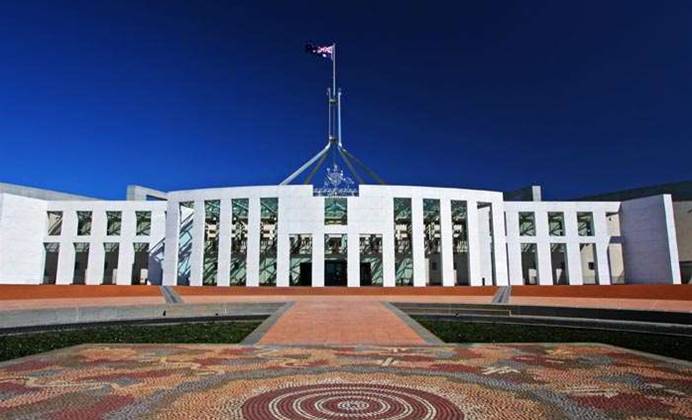Confusion reigned today at a Parliamentary Joint Committee hearing into revisions to the Telecommunications Act and the proposed retention of data for up to two years.

The Attorney-General’s Department, represented by parliamentary secretary Roger Wilkins, assistant secretary Catherine Smith and others, struggled to adequately respond to questions posed by the Committee.
Wilkins told the Committee that URLs could describe any piece of information on the internet, including email addresses.
The Attorney-General’s representatives also struggled to articulate how it had arrived at a two-year data retention time span, as well as whether it is possible to derive content information from metadata.
“I think if you told the public the government is going to hold onto its browsing information for two years, then there would be a backlash,” commented Senator George Brandis, a member of the Parliamentary Committee.
Much of the discussion hinged on what constituted metadata when it come to accessing the internet.
Under the proposed rules, metadata could be accessed by any law enforcement agency, while content data would require a warrant.
The Attorney-General's Department said metadata included IP addresses, but did not address the Committe's questions on whether it was possible to derive content information – such as the nature of the internet site visited – from such information.
Committee member Andrew Wilkie suggested the changes to the legislation would simply target everyday internet users, while savvy crooks would slip through the nets using encryption, dark net and anonymising services such as Tor.
“This will simply apply to law abiding citizens,” said Wilkie, of the proposed changes, “while the people we are really concerned about won’t be caught up.”


.png&h=140&w=231&c=1&s=0)


_(23).jpg&h=140&w=231&c=1&s=0)





 iTnews Benchmark Awards 2026
iTnews Benchmark Awards 2026
 iTnews Executive Retreat - Security Leaders Edition
iTnews Executive Retreat - Security Leaders Edition
 iTnews Cloud Covered Breakfast Summit
iTnews Cloud Covered Breakfast Summit
 The 2026 iAwards
The 2026 iAwards












_(1).jpg&h=140&w=231&c=1&s=0)



